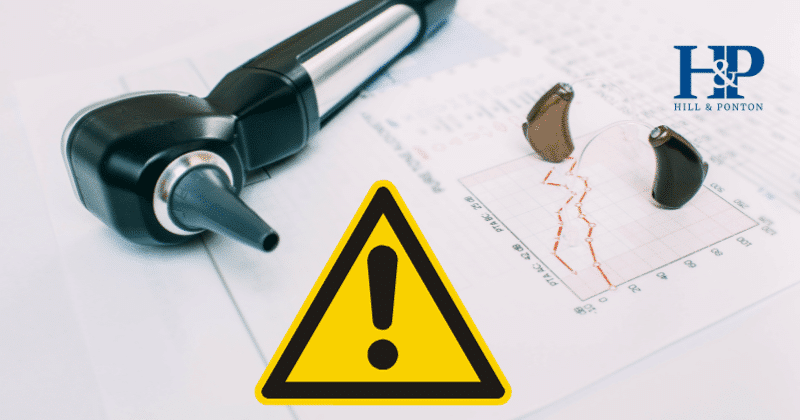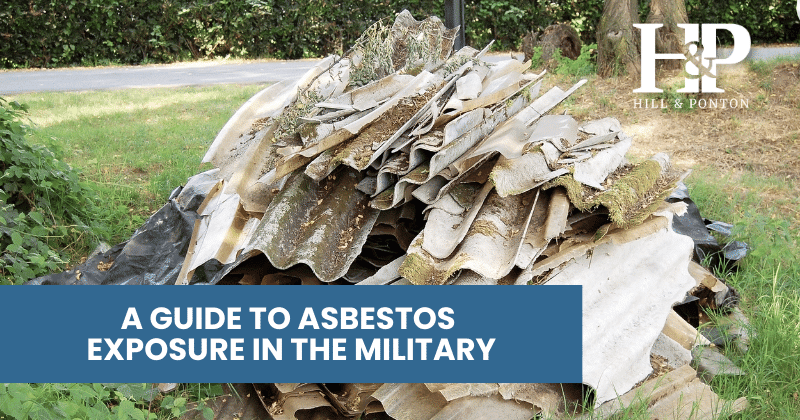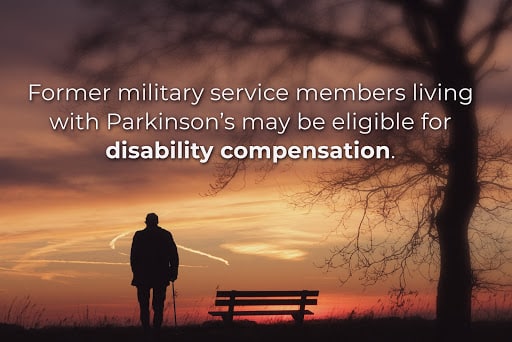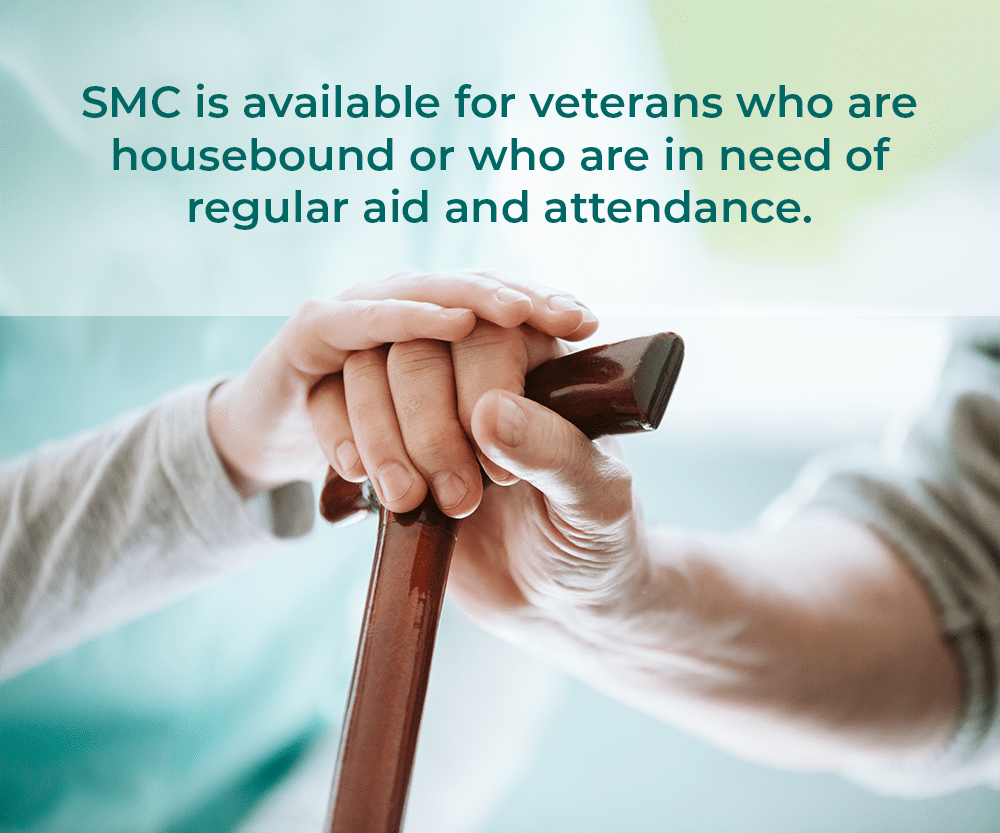From the sharp blasts of mortars to the relentless hum of armored vehicles – the sounds of war creates an aural landscape only those who’ve served can truly understand.
Yet, it’s not just these loud noises that pose a threat. Hidden amidst the battlefield are insidious chemical exposures, which can silently compromise the auditory health of our brave servicemen and women.
In this article, we will delve into research about the often-overlooked consequences of chemical encounters during military service, emphasizing their potential long-term effects on hearing.
The Silent Aftermath of Service
Military service exposes soldiers to many risks, both loud and silent. While we often hear about the dangers of gunfire or explosions, there’s another silent risk: chemical exposure.
During their service, many soldiers come into contact with chemicals. Some are used for equipment maintenance, and others are by-products of combat. For example, cleaning solvents or the fumes from burning waste can harm hearing.
It’s not only loud noises that hurt our ears. Everyday sounds, like the hum of a vehicle or the noise of aircraft engines, can gradually cause hearing loss when experienced constantly.
This risk increases when chemicals and loud noises mix. Some chemicals, when combined with military noises, raise the chances of hearing problems. Often, the damage isn’t immediate.
Many soldiers only realize they have hearing issues, like tinnitus, long after they’ve served. It’s crucial to keep an eye on our hearing and get help if something feels off. Understanding these silent risks is the first step.
Barracks and Battlefield Cleaners
Military service involves more than just combat. Keeping equipment, machines, and bases in top condition is essential. However, the chemicals used for these maintenance tasks can be risky.
To keep everything from aircraft engines to barracks clean, different solvents are used. While they effectively remove dirt and grime, some, like trichloroethylene, might also damage hearing.
Sometimes, amidst the rush of military duties, using protective gear is missed. When exposed to these chemicals regularly, and combined with everyday military noises, the risk to hearing increases.
It’s not just a one-time exposure that’s worrying – it’s the repeated, long-term contact that can have lasting effects.
Years down the line, veterans might notice hearing issues, with these chemicals being a possible cause. The solution? Stay informed. Knowing about these chemical risks and having regular hearing checks can make all the difference.
These maintenance chemicals are crucial for military operations, but their silent impact on hearing shouldn’t be ignored. With awareness, veterans can ensure that their hearing remains protected, even after service.
Chemical Weapons and Their Lasting Echoes
Chemical weapons have a dark and harrowing history in warfare, with their effects lasting far beyond the battlefield.
For veterans who have encountered these menacing agents, the visible scars may fade, but there are invisible consequences that can linger on.
Chemical agents were designed to incapacitate or harm, and while many think of the immediate effects—like burns or respiratory distress—few realize the potential long-term impact on hearing.
Whether it’s mustard gas, sarin, or other agents, the effects can be insidious. Chemical weapons can disrupt the delicate balance in our ears.
For veterans, this might mean that even after they’ve recovered from other injuries, they start noticing changes in their hearing, sometimes years later. Regular hearing check-ups and early detection can prevent or mitigate lasting damage.
Engines, Tanks, and The Silent Foe
The roar of jet engines, the rumble of tanks, and the din of heavy machinery—these are familiar sounds in the lives of many veterans. Yet, behind these powerful noises hides a silent adversary: the risk of long-term hearing damage.
On bases, in training, or during missions, the constant exposure to loud noises is part and parcel of military life. It’s not just the sudden, loud blasts; even the prolonged hum of an engine can take its toll.
Did you know that jet engine fuel is also believed to contribute to hearing loss?
Over time, the inner ear’s delicate structures can get worn down by these constant loud noises. It might start with occasional ringing in the ears or muffled sounds, but can progress to significant hearing challenges.
Modern military equipment often comes with built-in protective measures against noise. But it’s not just about using these tools; it’s about understanding the why behind it.
Even if it might seem cumbersome in the moment, consistent use of protective gear can prevent irreversible damage.
Regular hearing tests, especially for those in roles with high noise exposure, can catch issues early on. Early intervention and understanding potential risks can make a world of difference in preserving one’s hearing.
Bullets and Bombs: The Metal Legacy
The unmistakable sounds of war – gunfire, explosions, and shrapnel – often come to mind when we think of the dangers faced by veterans.
But beyond the immediate physical threat, there’s another, more subtle hazard that many might not consider. Every time a bullet is fired or a bomb is detonated, metals are released into the surrounding area.
These metal residues, whether inhaled or absorbed through the skin, can have profound effects on health. Metals such as lead, cadmium, and mercury are known to have toxic effects on the human body.
Over time, prolonged exposure can lead to a range of issues, including neurotoxic effects that can compromise hearing.
It might be easy to attribute hearing loss in veterans solely to loud noises of warfare. Still, understanding the multifaceted risks—including metal exposure—can offer a more comprehensive approach to prevention and treatment.
Did you find this information useful? Want more great info about filing disability claims for hearing issues?
If you are interested in learning more about filing for disability benefits, check out our FREE ebook The Road to VA Compensation Benefits .





